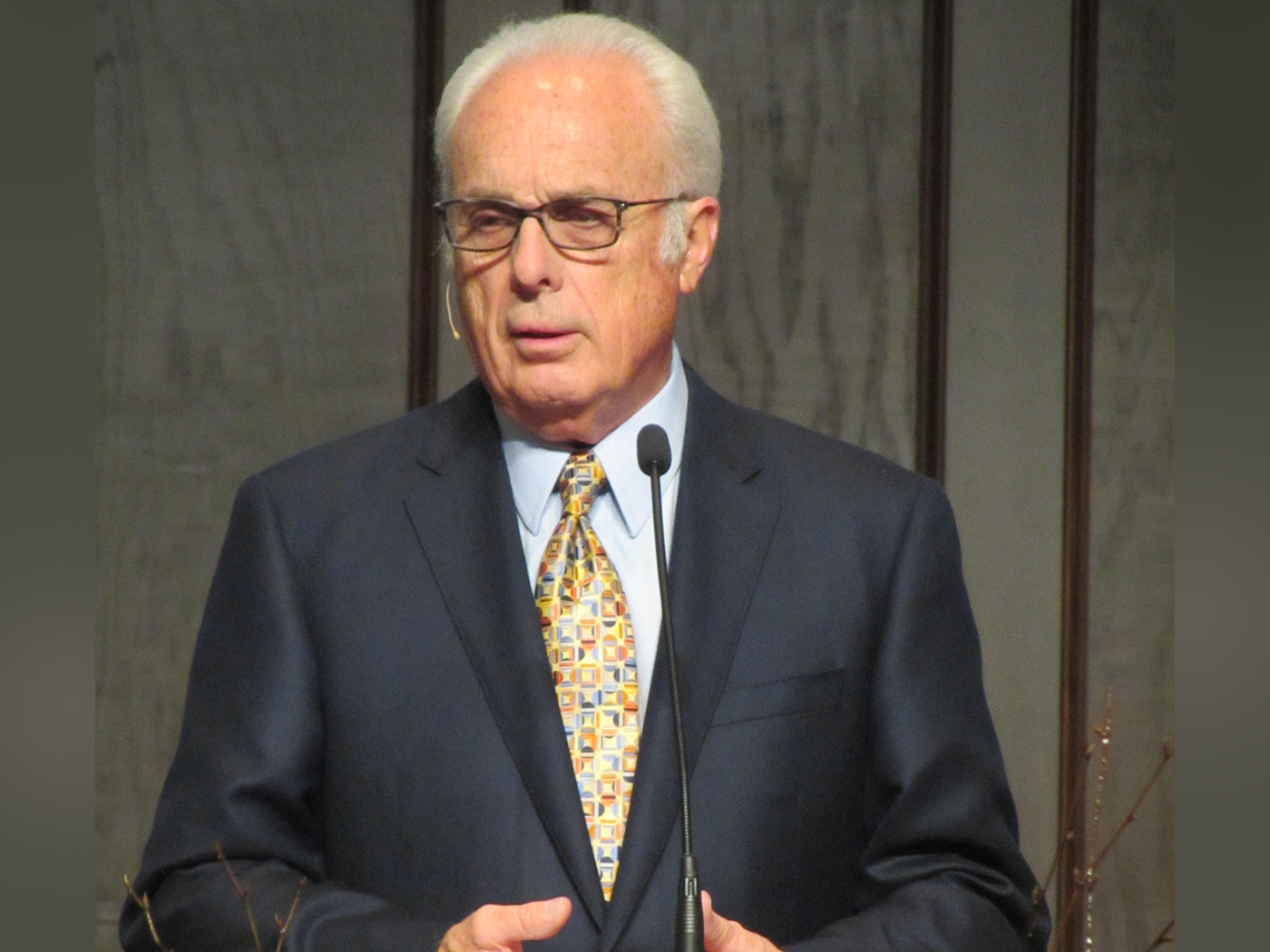The history of thinking about fossils is a study in worldviews. Conrad Gesner of Zurich (1516-1565) is considered by some the greatest naturalist of his century. His book, On Fossil Objects, in many ways reflects his Protestant upbringing. The fact that he lost his father in armed combat between Catholics and Protestants in 1531 reminds us that this was a time when it was costly to believe. Gesner's close friend growing up was none other than Heinrich Bullinger, one of the most influential Christian figures of his century. Gesner's interest in science led him to universities at a time when Renaissance humanism was the dominant worldview. In his work on fossils, his Protestant upbringing shines through in some interesting ways.
First, Gesner placed great emphasis on first-hand observation which can be seen in his detailed woodcut illustrations of fossils. In this, he broke with the Renaissance tradition of science, placing the opinions of the "Ancients" (Aristotle, etc.) above that of observation. Gesner reversed this. At the time, it was not at all obvious that marine-looking fossils found in stone far from the sea were the remains of once living organisms. Neoplatonism held that the funny fossil shapes were controlled by mysterious astral influences, and Aristotelianism attributed marine-looking fossils to the transport of "seeds" of ocean-dwelling organisms that got carried inland and grew in place after lodging in the cracks. Gesner made no effort to challenge these teachings, but in comparing side-by-side quality woodcut illustrations of living marine organisms with marine-looking fossils, he helped to move thinking toward an organic interpretation of fossils. First-hand observation is an essential step in "taking dominion over nature" that is mandated in Scripture, and Gesner seemed to manifest this.
Second, Gesner took a peculiar delight in the study of nature. When he considered the minerals and gems which were at that time considered in the category of "fossils," he was transfixed by the thought that these were earthly reminders of the jeweled City of Jerusalem. An accomplished physician, he delighted in hiking the Swiss Alps where he sought to catalog botanicals for their potential medicinal use. It was considered odd at this time to "enjoy" nature, but Gesner is hailed by some today as the father of recreational hiking! Despite nature's fallen condition, he was able to "see" the invisible things of God and His attributes (Romans 1:20). The level of delight Gesner took in nature cannot be credited to his Neoplatonic or Aristotelian training. It is as if he saw all of nature as a divine revelation.
The considered wisdom of "the Ancients," that fossils grew in place, was ultimately an article of pagan philosophy. Gesner, and others who followed, helped to change the thinking process. Early church fathers like Tertullian actually had it right; they understood an organic origin for fossils. For them, to get the remains of marine creatures high on the hills required an unusual agency -- it obviously took a global Flood! Although long forgotten, and requiring thinking big about earth history, this teaching of a global Flood would return in the seventeenth century and play a key role in returning science to a solid foundation.
*William A. Hoesch, M.S. geology, is Research Assistant in Geology.
Cite this article: Hoesch, W. 2007. Fossil Political Correctness in the Sixteenth Century. Acts & Facts. 36 (1).




.jpg)












